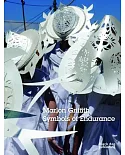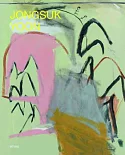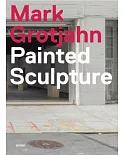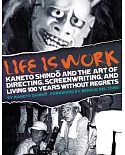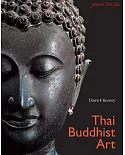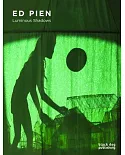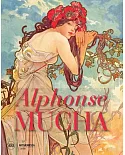The history of women and art in Canada has often been celebrated as a story of progress from amateur to professional practice. Rethinking Professionalism challenges this narrative by
questioning the assumptions that underlie the category of artistic professionalism, a construct as influential for artistic practice as it has been for art historical understanding. Through a
series of in-depth studies, contributors examine changes to the infrastructure of the art world that resulted from a powerful discourse of professionalization that emerged in the late-
nineteenth century. While many women embraced this new model, others fell by the wayside, barred from professional status by virtue of their class, their ethnicity, or the very nature of the
artworks they produced. The richly illustrated essays in this collection depict the changing nature of the professional paradigm as it was experienced by women painters, photographers,
craftspeople, architects, curators, gallery directors, and art teachers. In so doing, they demonstrate the ongoing power of feminist art history to disrupt patterns of thought that have
become naturalized and, accordingly, invisible. Going beyond the narratives of recovery or exclusion that the category of professionalism has traditionally encouraged, Rethinking
Professionalism explores the very consequences of telling the history of women's art in Canada through that lens. Contributors include Annmarie Adams (McGill University), Alena Buis (Queen's
University), Sherry Farrell Racette (University of Manitoba), Cynthia Hammond (Concordia University), Kristina Huneault (Concordia University), Loren Lerner (Concordia University), Lianne
McTavish (University of Alberta), Kirk Niergarth (Mount Royal University), Mary O'Connor (McMaster University), Sandra Paikowsky (Concordia University), Ruth B. Phillips (Carleton
University), Jennifer Salahub (Alberta College of Art & Design), and Anne Whitelaw (Concordia University).


